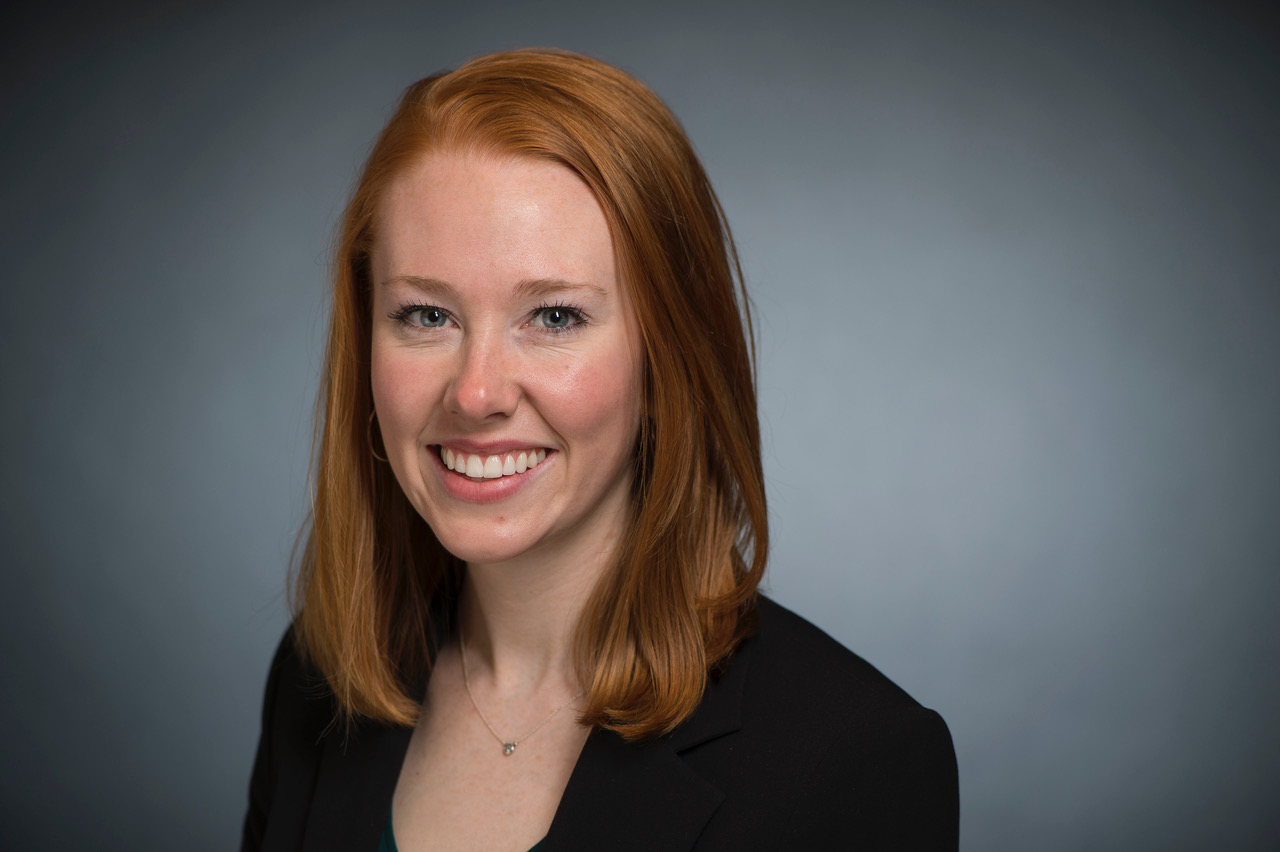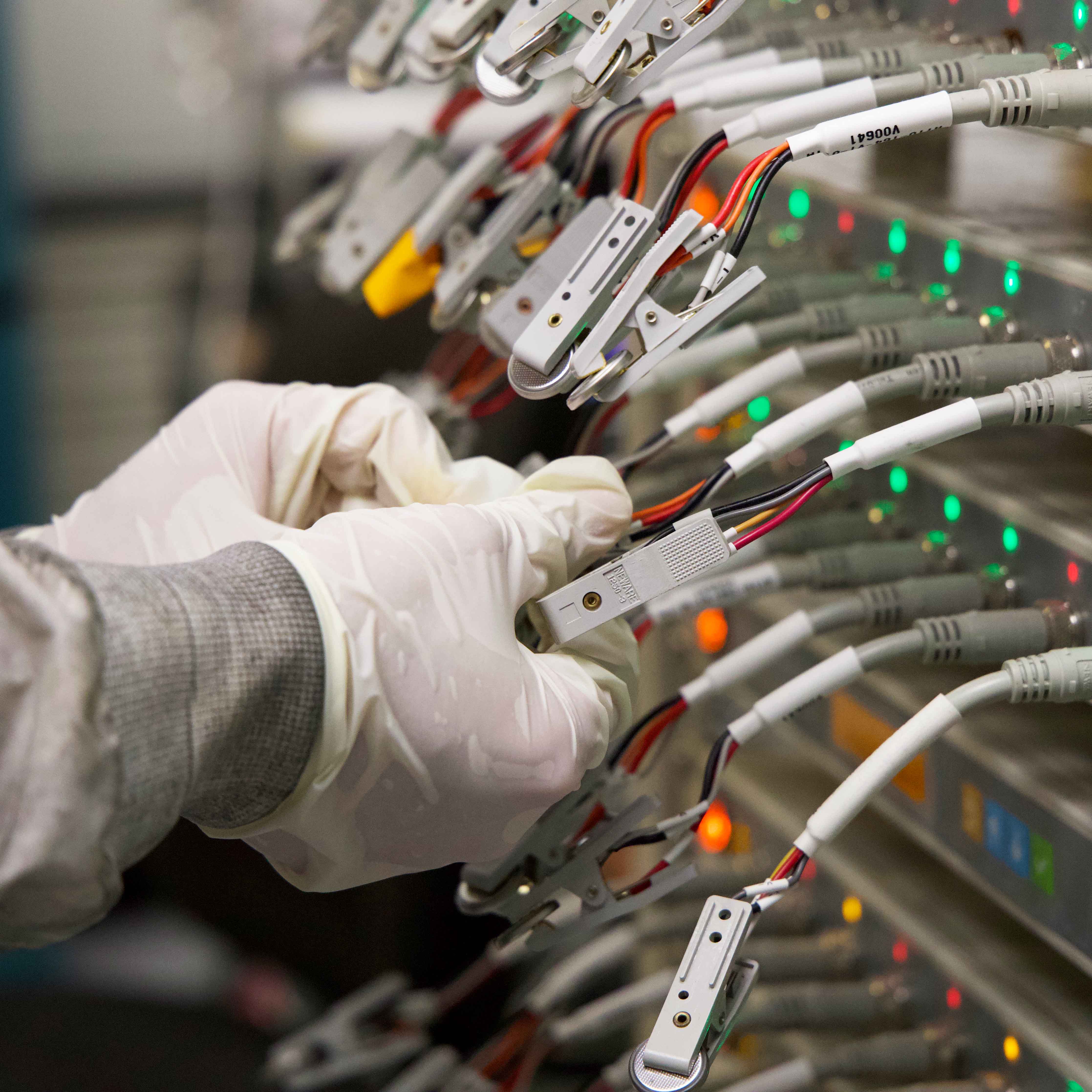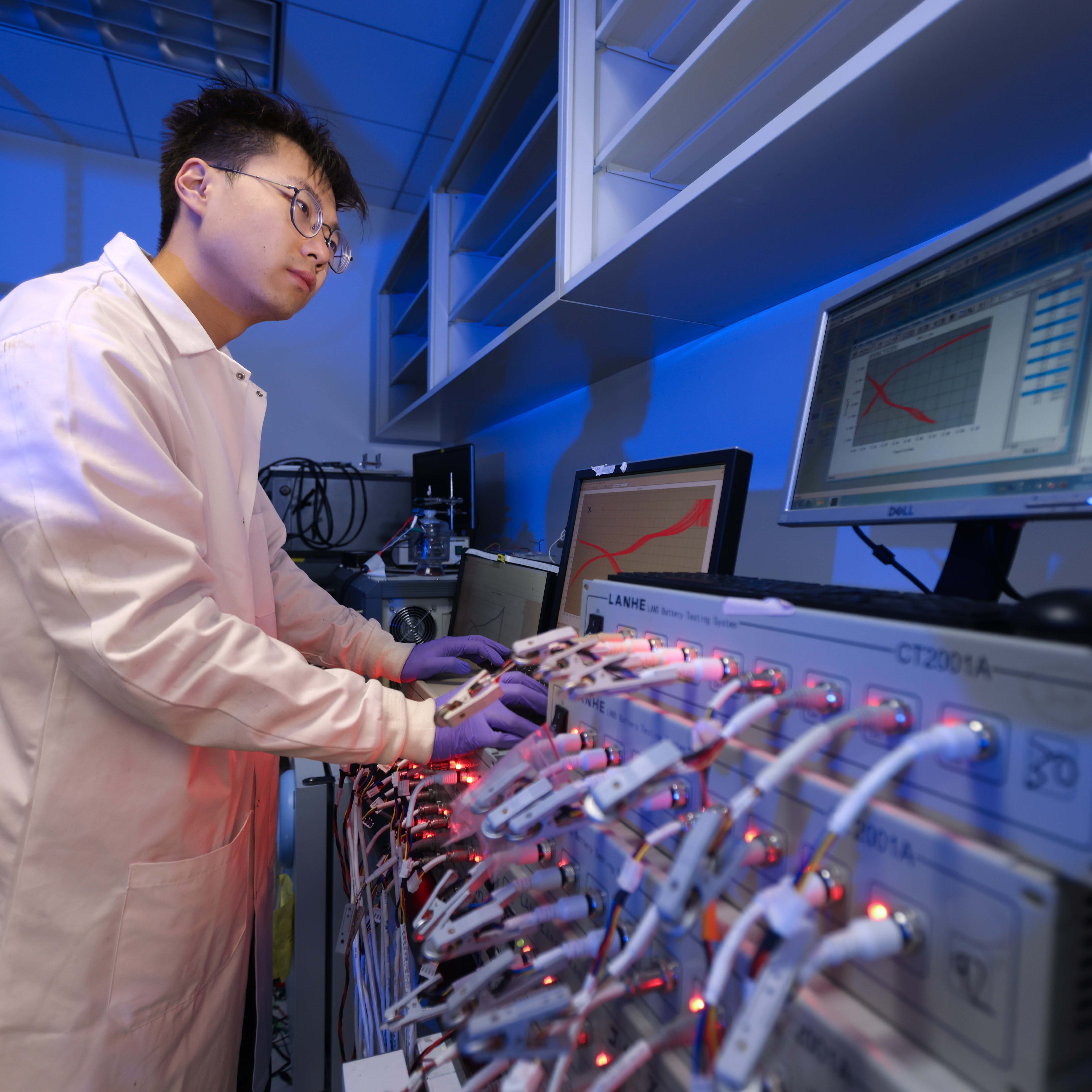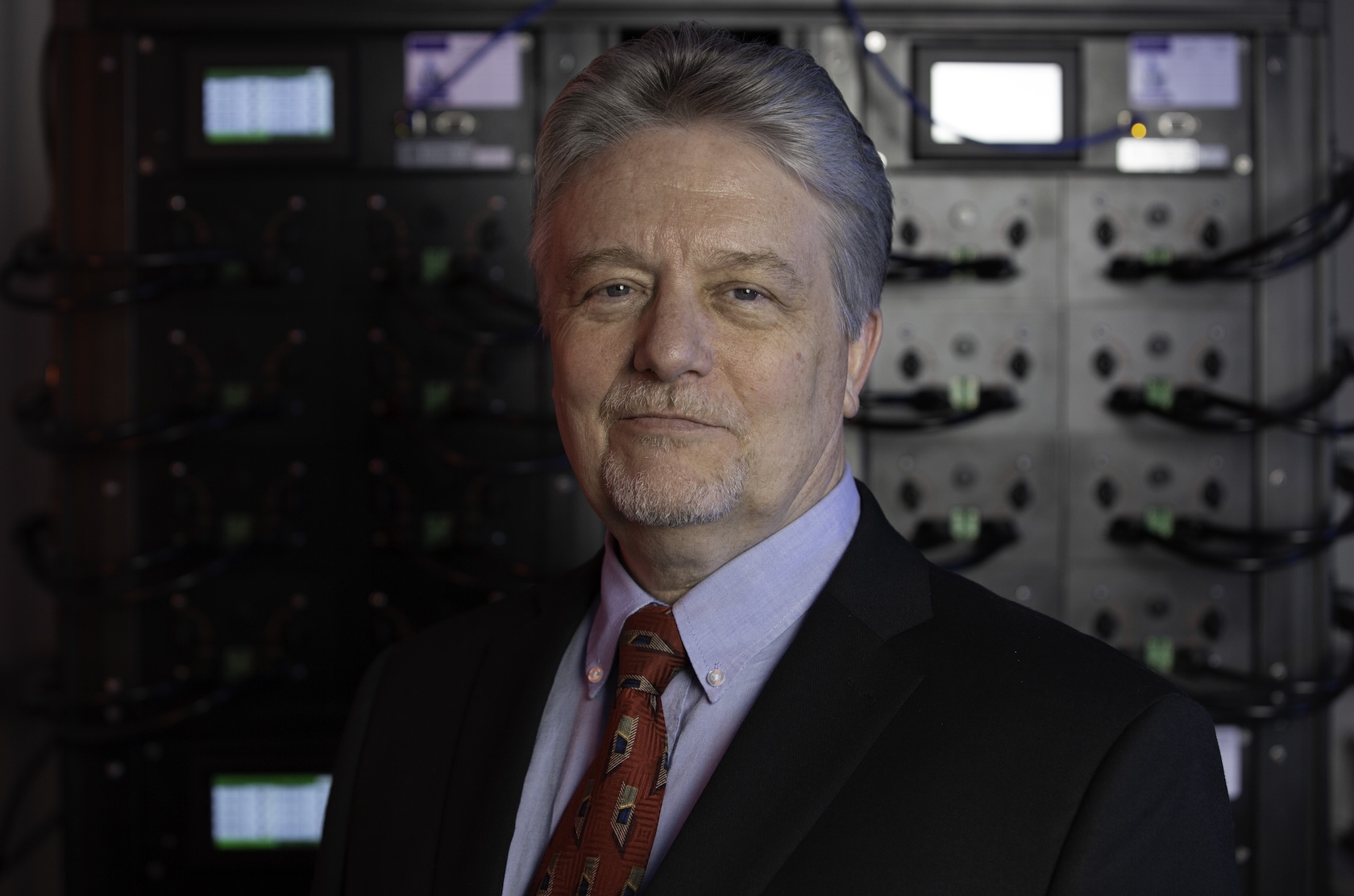News Story
Hannah Zierden to Join ChemE Faculty at Maryland This Fall

Hannah Zierden, currently a postdoctoral researcher at the University of Maryland (UMD) School of Medicine, will join the faculty in the UMD Department of Chemical and Biomolecular Engineering (CHBE) in College Park this fall. She currently serves under the supervision of Prof. Tracy Bale, investigating the role of placenta-derived extracellular vesicles in communicating maternal stress signals to developing offspring.
“As a graduate student, my goal was to develop vaginally administered therapeutics to prevent preterm birth, which affects 15 million infants around the world – currently, there are no good therapies for prevention,” said Zierden. “Part of this can be attributed to the lack of accurate methods for preterm birth prediction. Working with preclinical animal models and human samples, I quickly became motivated by the opportunity to develop tangible and affordable solutions for maternal and fetal health indications.”
Zierden conducted her thesis research alongside Drs. Laura Ensign and Justin Hanes, engineering nanoparticle formulations for the prevention of preterm birth – this study highlights the importance of effective drug delivery as a means of understanding drug action and effectiveness in human disease. Zierden earned her Ph.D. in chemical and biomolecular engineering from Johns Hopkins University in 2020; her B.S. degree in the same subject was attained from The Ohio State University in 2011.
Zierden’s research has been published in peer-reviewed journals, and presented at national and international conferences. She was a 2021 MIT Rising Star in Chemical Engineering, a 2017 NSF Graduate Research Fellow, and is involved with the AIChE Women in Chemical Engineering Committee as well as the Controlled Release Society’s Young Scientists Committee.
The Zierden Lab will probe the mechanistic function of mammalian and bacterial extracellular vesicles during pregnancy – these vesicles will be utilized to engineer biocompatible semi-synthetic and biomimetic therapies to promote healthy pregnancies. Zierdan will combine her unique skillsets in drug delivery and prenatal programming to engineer biocompatible therapies aimed at improving fetal outcomes and alleviating the negative consequences of a non-optimal vaginal microbiome.
Published April 13, 2022









